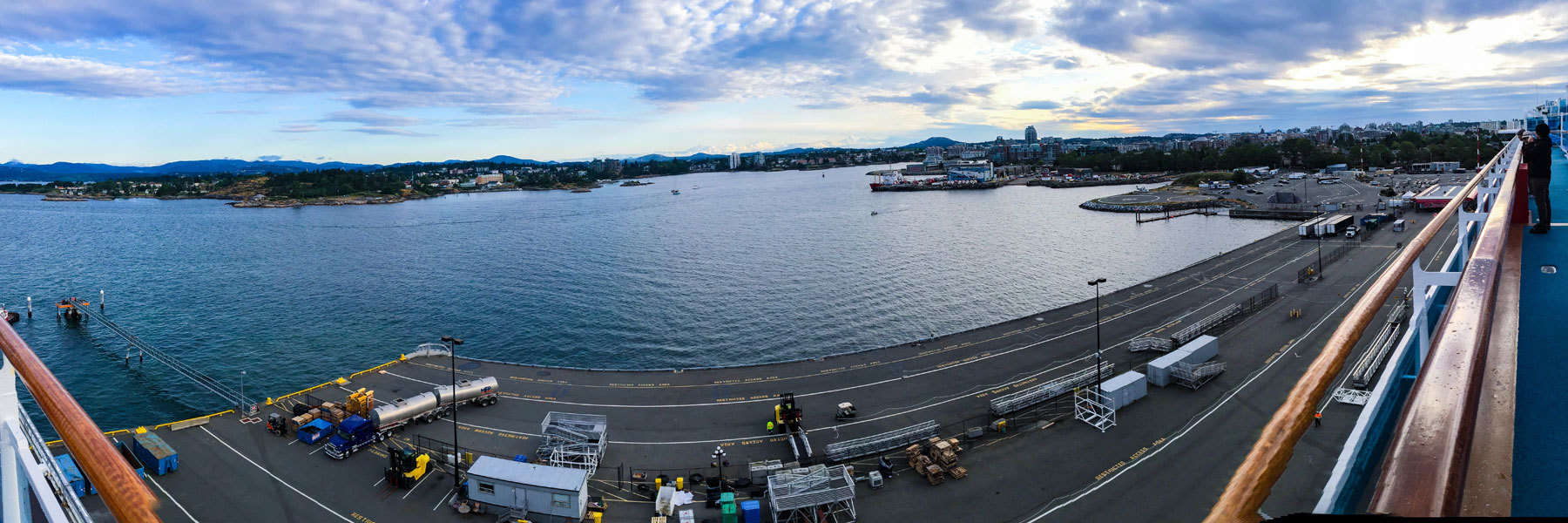Port of Churchill Latest Casualty due to loss of Single Desk CWB
It was a previous Liberal government that privatized the railroads and allowed the sale of the Port of Churchill and Hudson Bay rail line to a Denver-based company called OmniTrax.
The Harper government knew that the chance of the Churchill port surviving after the termination of the Canadian Wheat Board was nil. The Wheat Board directed almost 95% of the grain going through the port. “Minister Ritz camouflaged the negative impact for the Port of Churchill by providing the subsidy” states Jan Slomp, NFU president. That subsidy is due to end next year.
“The location of the port is ideal for shipping products to and from Europe, Russia, Mexico, Africa, South America, and the Middle East.Using the Port of Churchill eliminates time-consuming navigation, additional handling and high-cost transportation through the Great Lakes and St. Lawrence Seaway.”*
OmniTrax, which is the largest employer in Churchill, laid off dozens of workers on Monday and announced that the port will close ahead of schedule on August 6. The loss of jobs will no doubt have a devastating effect on the local economy and is all the more difficult to accept due to the lack of notice and consultation.
This port played a vital role in bringing prairie grains to market and alleviated backups when large shipments occurred.The freight advantage to eastern Saskatchewan and western Manitoban farmers amounted to $10-25/tonne (approximately $1,000/car load) compared to going through the St. Lawrence system.
This, when Canadian farmers and grain shippers are anticipating a massive grain crop. The Western Grain Elevators Association are projecting this year’s crop will be 63 million tonnes at minimum and could be as a large as 74.1 million tonnes. This would be similar in size to the 2013-14 record breaking crop when millions of tonnes were left stranded and estimated to have cost the Prairie economy $5 billion.
Four giant grain companies now control the grain handling system and none of them own the port of Churchill.
So why are we forgoing our interest in strategic infrastructure? “How can OmniTrax unilaterally decide to close a port that is of such strategic importance to Canada?”asks Slomp. “The federal government should intervene.”
Terry Boehm says, “When we rely on privatization as the solution to all economic matters, the narrow interests of businesses often negatively impact the greater interests of the Canadian economy as a whole. The closure of Churchill is another huge example of this.”
– 30 –
For more information:
Jan Slomp, President, NFU: 250- 898-8223
Terry Boehm, Past president, NFU: 306-255-2880
*Taken off the OmniTrax website – omnitrax.com
